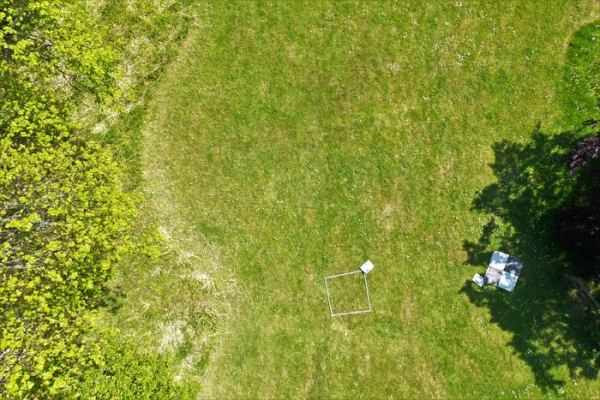Their study examines new ways of using these technologies to track the availability of flowers, and says this could be combined with behavioural studies to see the world through the eyes of insects.
The flowers available to insects vary from day to day and place to place, and human activity is changing landscapes in ways that affect all pollinators.
The University of Exeter research team, supported by the South Devon Area of Outstanding Natural Beauty (AONB), hope their approach can help us understand these changes, leading to better conservation.
"Recent advances in drone and satellite technology have created new opportunities," said lead author Dunia Gonzales, from the Centre for Research in Animal Behaviour at the University of Exeter.
Continue reading at University of Exeter
Image via University of Exeter


